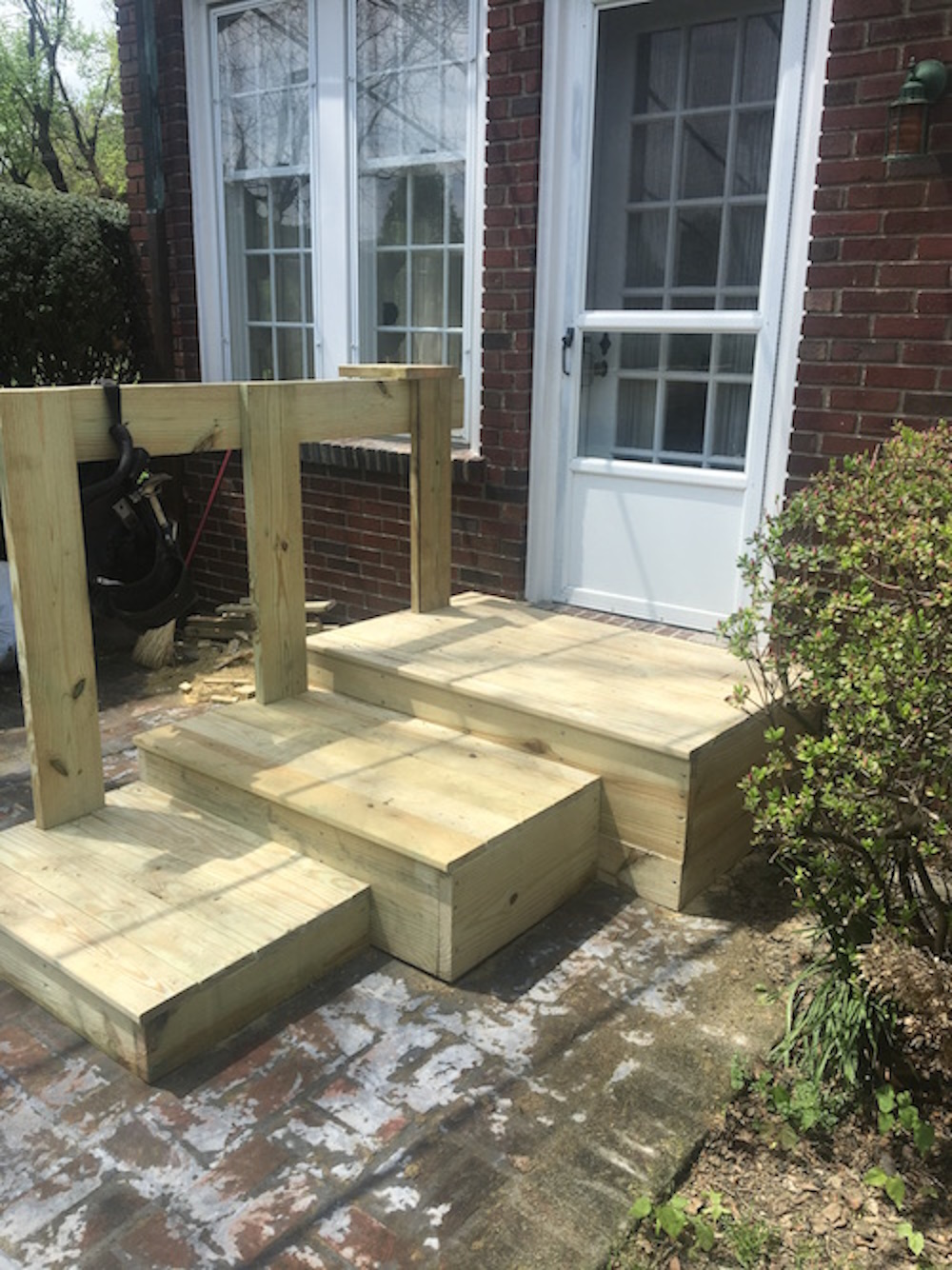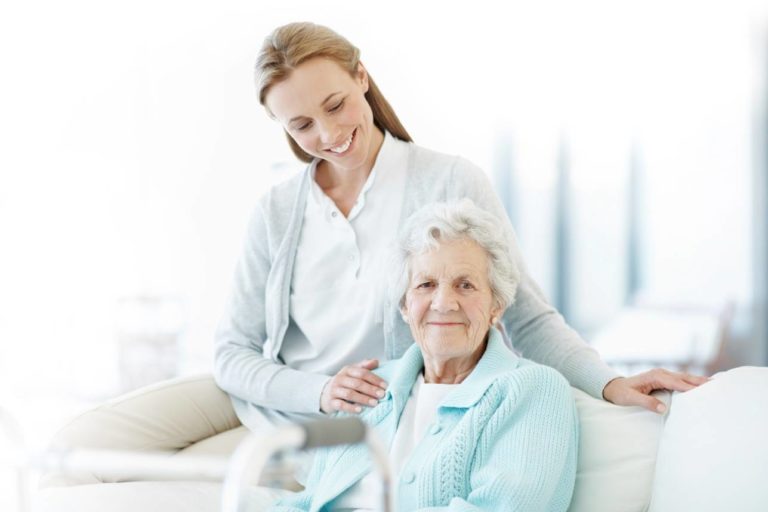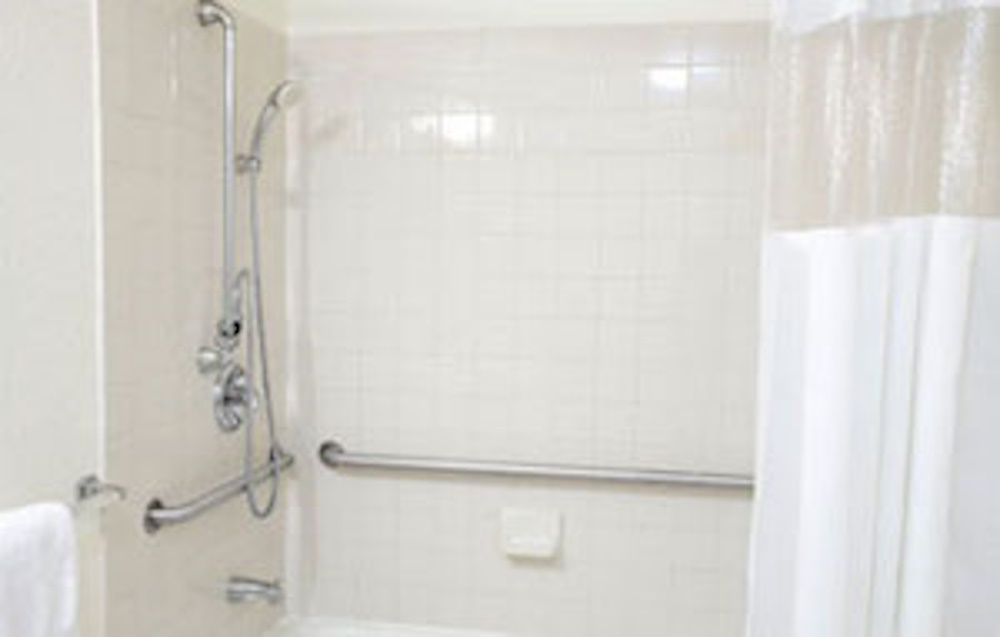Support for Caregivers of the Lehigh Valley
Caregiving is a true act of compassion. The rewards of caring for someone you love really are unmeasurable.
However, along with this, we cannot dismiss the emotional and financial stressors which can be very overwhelming without the right support. To maintain the confidentiality of the caregiver and care re ceiver, we have altered the names of the participants. As a Lehigh Valley resident, Frederick has been utilizing the Caregiver Support Pro gram to help care for his wife, Carol. Carol was diagnosed with dementia several years ago and is no longer verbal. When asked about his caregiving experience, Frederick said “It’s like Groundhog Day,” referring to how each day is exactly the same as the day before. “What helps me out is the person coming in three times per week to bathe her and do the laundry. It gives me the time on my own to break the routine,” Frederick states, referring to the home care aides he is able to hire and be reimbursed for through Lehigh County Aging and Adult Services’ Caregiver Support Program. Northampton County Area Agency on Aging also offers the same assistance to their caregivers through this program.
Caregivers, you are not alone. According to a study through AARP, there were 40 million caregivers nationwide in 2013. With the annual growth of those turning age 60, we can assume an increase in 2018. Additionally, these 40 million unpaid informal caregivers provided about 37 billion hours of care [National Alliance for Caregiving and AARP . (2015). Caregiving in the U.S.]. And in 2016, another study showed that, on average, caregivers spend close to $7000 annually, out of pocket, to care for their spouse, parent or other family member [AARP Re- search. (2016). Family Care- giving and Out-of-Pocket Costs: 2016 Report].
The Pennsylvania Department of Aging recognizes all caregiving efforts as a true value to our community and our seniors. Caregivers in both Lehigh and Northampton Counties may be able to benefit from the Caregiver Support Program, funded through the Pennsylvania Department of Aging. The Caregiver Support Program aims to reduce stress on primary, informal unpaid caregivers, by providing benefit and resource counseling and financial assistance through a cost share approach. A care manager is there to direct the caregiver to the right supports, especially as care needs change. Frederick expressed that he is considering sending his wife to an Adult Day Center.
With Carol being non-verbal, he states that “the most difficult part is not being able to converse with her”. Frederick feels that an Adult Day Center will help to keep his wife more stimulated than he is able to do at this time, while also giving him a much needed break. As part of the resource counseling benefit of this program, he spoke with his aging care manager to get a list of Adult Day Centers in the area. Through the Caregiver Support Program, caregivers may be eligible for some monthly reimbursement to help with out-of-pocket expenses for respite care, services through a home care agency, and consumables and supplies, such as adult disposable products, bed pads, and other supplies. Home Modifications such as building a ramp or modifying the bathroom to make the home more livable for the frail, elderly care receiver may also be reimbursable through this program, with a lifetime grant up to $2,000.
To qualify, the care receiver must be age 60 or over, or under age 60 with a diagnosis of dementia, and have a regular caregiver. This is a cost sharing program based on total number of people in the household and total household income. Caregivers receive a cost-share reimbursement for their own out-of- pocket caregiving expenses.
Lehigh County residents can contact the Lehigh County Office of Aging and Adult Services at 610-782- 3200 or Northampton County residents can contact Northampton County Area Agency on Aging at 610-829-4540 to inquire about the program and apply for assistance.
Healthy Steps for Older Adults in the Lehigh Valley
A workshop for seniors in Allentown
Healthy Steps for Older Adults (HSOA) is a fall risk prevention workshop designed to raise awareness while providing tools necessary to reduce your risk of falling and improve overall health. Participants will learn the basics of home safety, managing medications, how to do things safely, exercise and balance training and much more. Upon completion of the two-day (two hours each day) HSOA workshop, an individual fall risk assessment is available to all participants.
Two classes are currently available. Phoebe Apartments on Wednesdays from May 9 through May 23 and Whitehall Senior Center on Wednesdays from May 9 through May 23. For additional information, please contact Monica Yastrzab-Kempf at 610-782-3618.
Giving Mom Safe Access to the Patio with Handrails

This customer has owned her home for many years. Fortunately, she has caring children who live in the area and called me to correct an issue. Her issue is a classic problem that is also found at many homes. Beneath the extended entrance/ exit is one step and a total of 18” of elevation or rise (the vertical) from one level to another level. In this case it is a step from a patio into a sunroom. With the guidance of the adult children, I designed the platform, allowing mom a much safer passage from her home to her beloved patio, where she can enjoy flowers, neighbors, beverages and meals. The job was done quickly and just in time for the arrival of beautiful weather. How can one put a price on that?
Being a Long Distance Caregiver and Keeping Parents Safe
Recent studies show that more than 25% of baby boomers are considered long-distance caregivers for their parents. These situations can be challenging, and while older adults may need grab bars there are many other considerations for long distance caregivers. In many cases, an ounce of prevention is worth a pound of cure. Below are tips for keeping your loved ones safe:
Contact their friends, neighbors and acquaintances

Your aging parent probably has friends and neighbors with whom they are in contact on a regular basis. If you not know them, introduce yourself and share contact information. This way you can call and check in with them, and conversely they can call you should they notice any changes in your parent’s behavior or routine.

Where in the Bathroom Do I Put Grab Bars?
If you have an aging parent who is failing in health or mobility, it is important to install grab bars around the home. One of the first places to start is in the bathroom. The three key areas inside the bathroom to install grab bars are: Around the toilet Inside the shower / bathtub Outside the shower / bathtub